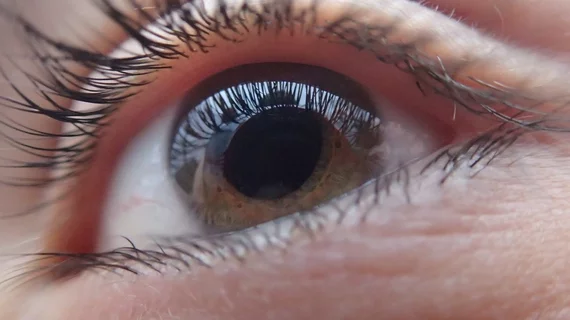American College of Radiology links with ophthalmologists to expand AI efforts into eyecare
The American College of Radiology is teaming with ophthalmologists to expand its artificial intelligence efforts into eyecare, officials announced on Wednesday.
ACR is collaborating with the American Academy of Ophthalmology on the initiative, adding new data and use cases to its AI-LAB platform. Their aim is to spread AI’s proliferation in imaging to another specialty through their partnership.
“By working together with ACR, we are leveraging a platform developed for the radiology community to educate our own community about AI development and encouraging new AI to be developed that will benefit our specialty,” academy President Tamara Fountain, MD, said July 28.
Ophthalmologists will supply eyecare images and other data while ACR will handle the IT infrastructure to integrate this info into its AI-Lab. Their goal is to create algorithms to help this new specialty treat patients and possibly attract other specialties.
“By sharing the AI-LAB as a resource for other medical communities, the ACR [Data Science Institute] supports efficient development of AI algorithms that can advance modern patient care,” radiologist Bibb Allen Jr., MD, chief medical officer of the institute, said in a statement.
First launched in 2019, the AI-LAB is a software platform for helping radiologists create, validate and use artificial intelligence to treat patients.

